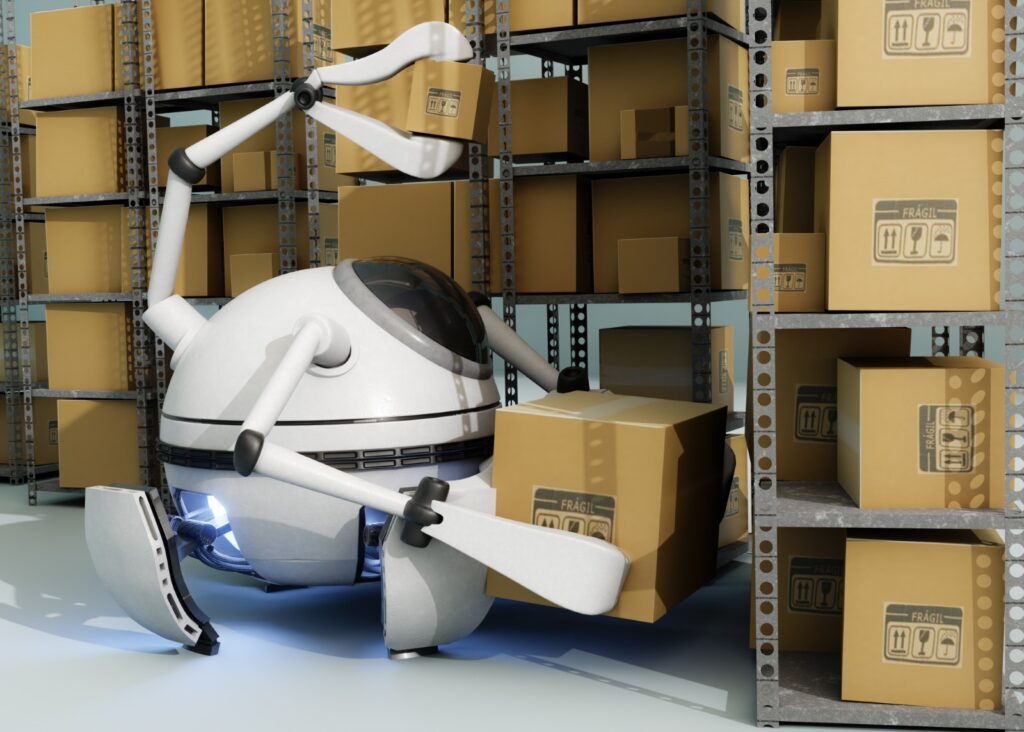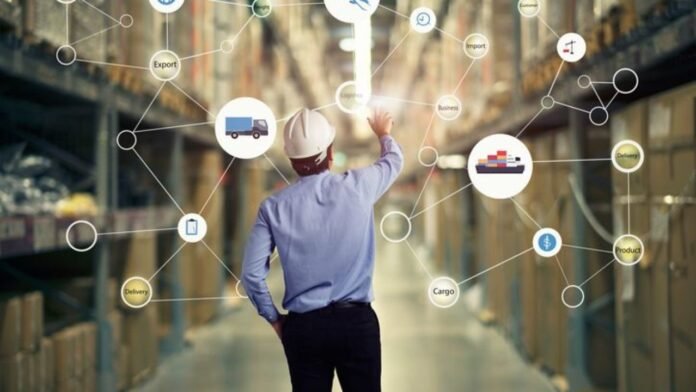The logistics industry faces many challenges and problems, but efforts are being made to overcome them by introducing the latest technology and adopting new business models.
From now on, Let’s explore together the prospects of how the logistics industry will evolve.
table of contents
- Logistics outsourcing (3PL)
- sharing economy
- From automatic to autonomous systems
- To everyone considering introducing logistics DX
Logistics outsourcing (3PL)
Logistics outsourcing refers to when a company outsources its logistics operations to an external service provider, a strategy known as 3PL (third-party logistics). There are two types of outsourcing: total outsourcing, in which all logistics operations are outsourced, and functional outsourcing, in which only a portion of the operations are outsourced.
The main functions that can be outsourced through logistics outsourcing include transportation, cargo handling, storage, and distribution processing. In addition, services that include order processing and payment operations from customers are called fulfillment and are a different business model from 3PL.
The difference between the sharing economy and the sharing economy is that the sharing economy assumes short-term or one-off use, whereas logistics outsourcing assumes long-term contracts. With logistics outsourcing, you can choose a service provider by considering skills, equipment, support system, cost, etc.
It is believed that the importance of logistics outsourcing will continue to increase in the future to solve the labor shortage problem faced by the logistics industry.
sharing economy

A business model called the sharing economy is attracting attention in many fields, including the logistics industry.
According to the Ministry of Internal Affairs and Communications, the sharing economy is defined as “sharing the usable assets of individuals and companies with others through matching platforms using the Internet, thereby stimulating economic activity.” To explain this, it is an economic style in which various jobs and goods are shared and established as a business.
The sharing economy has five areas: space, skills, mobility, money, and goods. Examples include car sharing, shared accommodation, taxi matching services, shared delivery services, etc.
In the logistics industry, warehouse and delivery truck-sharing services have also appeared, and matching is progressing to connect companies that want to provide surplus resources with companies that want to use them. The sharing economy is also expected to contribute to the Sustainable Development Goals (SDGs), and further development in this field is expected.
From automatic to autonomous systems

Logistics DX (digital transformation) is an initiative that incorporates digital technologies such as AI and IoT into logistics operations to optimize the overall logistics operations. This includes automating tasks and implementing information management systems.
Work automation involves performing logistics work without human intervention, such as logistics robots that perform cargo handling work, and systems that automate invoice processing and ordering operations.
[Example of work automation]
- AVG (automated guided vehicle)
- AMR (autonomous transport robot)
- RPA (Business Process Automation)
On the other hand, information management systems aggregate information related to product distribution and centrally manage product locations, work status, inventory, delivery status, etc.
[Types of information management systems]
- WMS (Warehouse Management System)
- TMS (transport management system)
- LMS (Logistics Management System)
At present, the mainstream of these robots and systems is “automation,” in which they move according to programs, but in the future, it is expected that these robots and systems will progress to “autonomous,” in which they learn and move on their own.
To everyone considering introducing logistics DX
CMC Japan is the Japanese subsidiary of CMC Group, Vietnam’s second-largest ICT group. We support our customers’ projects with the technical capabilities and know-how that the CMC Group has cultivated over 30 years. See our success stories here.
Are you interested in finding the best technology solution for your company through consulting with experts? Please see the link below for more details and to book your consultation.

